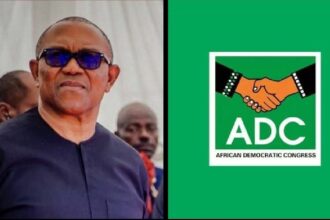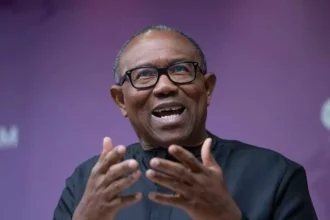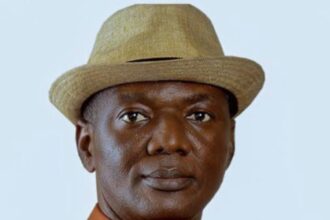Wale Edun, Nigeria’s Minister of Finance and Coordinating Minister of the Economy, has highlighted a staggering $600 million monthly expenditure on fuel imports. This high cost is primarily due to neighboring countries, extending to Central Africa, reaping benefits from Nigeria’s fuel imports.
In a discussion on AIT’s Moneyline program on August 7, Edun pointed out that this issue significantly influenced President Bola Tinubu’s decision to eliminate the fuel subsidy. He emphasized the challenge posed by the lack of precise data on Nigeria’s domestic fuel consumption.
A report from the National Bureau of Statistics revealed that following the subsidy removal on May 29 last year, Nigeria’s petrol imports decreased to an average of one billion liters per month.
Edun noted, “When the fuel subsidy was removed on May 29, 2023, it became clear that the poorest 40 percent of the population were only receiving four percent of the value. Essentially, they were not benefiting at all, with the subsidy mostly favoring a select few.”
He continued, “A critical issue is the unknown actual consumption of petroleum in Nigeria. While we spend $600 million monthly on fuel imports, many neighboring countries are benefiting. We are essentially importing fuel not just for Nigeria but also for countries to the east, nearly reaching Central Africa, as well as to the north and west. This raises a fundamental question for Nigerians: how long do we want to continue this practice? This is central to the discussion on petroleum pricing.”
Edun also stressed that the current administration remains focused on the welfare of Nigerians, with a particular emphasis on ensuring the availability and affordability of food.











